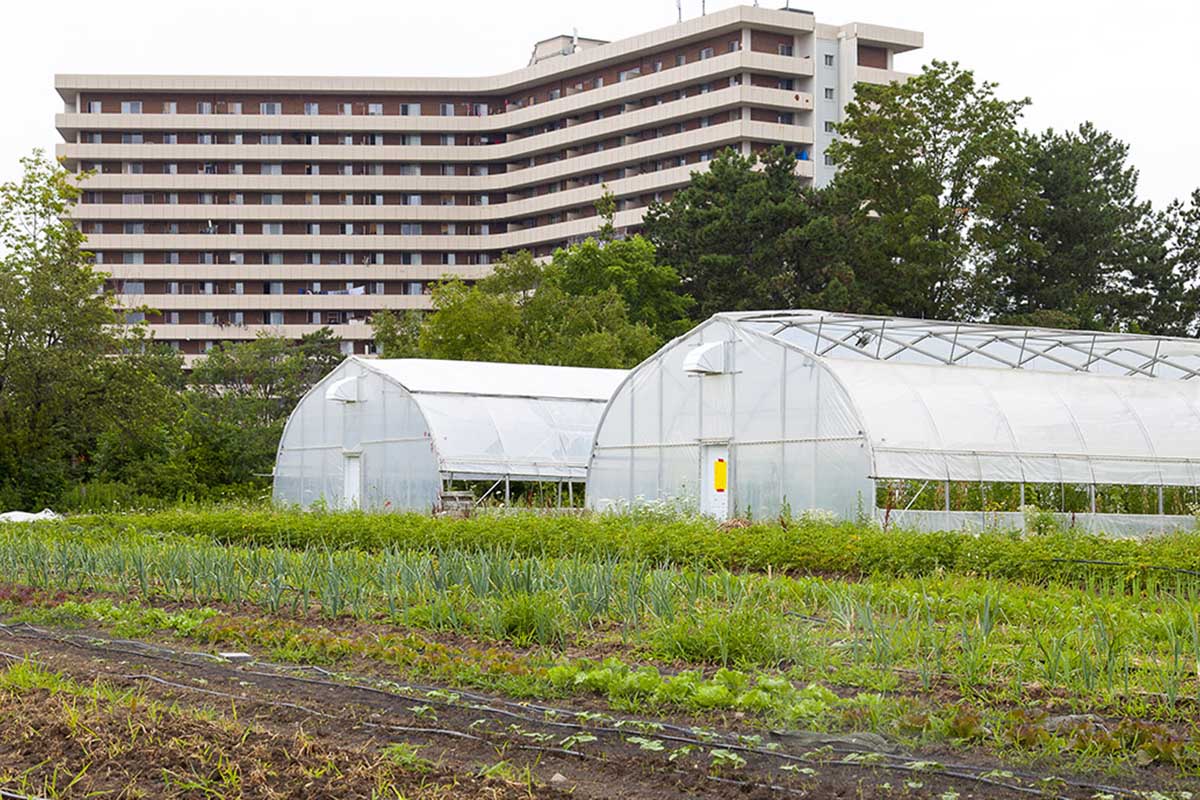What makes organic different from other types of agriculture is that its principles prioritize nature. These are preserved through industry-approved standards, which have been allowed by consumers and authorized by third-party accreditation organizations each year. As of 2009, the government has supported and supervised the implementation of National Canadian Organic Standards.
According to the Canadian Organic Standards, General Principles, and Management Standards, producing organic food is an integrated system made to improve food production and the health of different communities in the agro-ecosystem. This includes humans, plants, livestock, and soil organisms. The idea of producing organic food is to enhance operations by having a harmonious and sustainable environment.
If you see the Canada Organic logo on your food or drink, you can free yourself from worrying that you might consume processed or grown food. You can be assured that food items bearing this logo have passed the strict Canadian Organic Standards. These are established using the Principles of Organic Agriculture.
These are some of the principles:
Principle of Health
Organic should improve and maintain the healthy state of humans, animals, plants, soil, and the planet as a whole.

Principle of Ecology
Organic should depend on the living eco cycles and systems, collaborate, mimic, and maintain them.
Principle of Equality
Organic should give opportunities for building relationships that guarantee equality to the environment and opportunities in life.
Principle of Caring
Organic should be supervised using a responsible and careful approach. This is to protect the well-being and health of the environment and the present and future generations.
Because of these principles, there are rigid limitations and prohibitions set by the Canadian Organic Standards in the use of the following:
- Synthetic macron-nutrient fertilizers
- Continuous pesticides
- Utilization of drugs, antibiotics, or synthetic hormones routinely
- GMO or genetic engineering
- Animal cloning
- Artificial ingredients such as food colors, preservatives, sweeteners, and other ingredients used in making processed food
- Sewage sludge
- Irradiation

